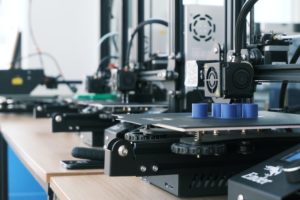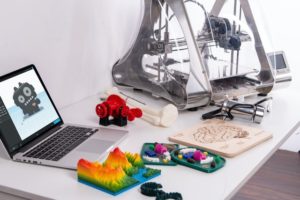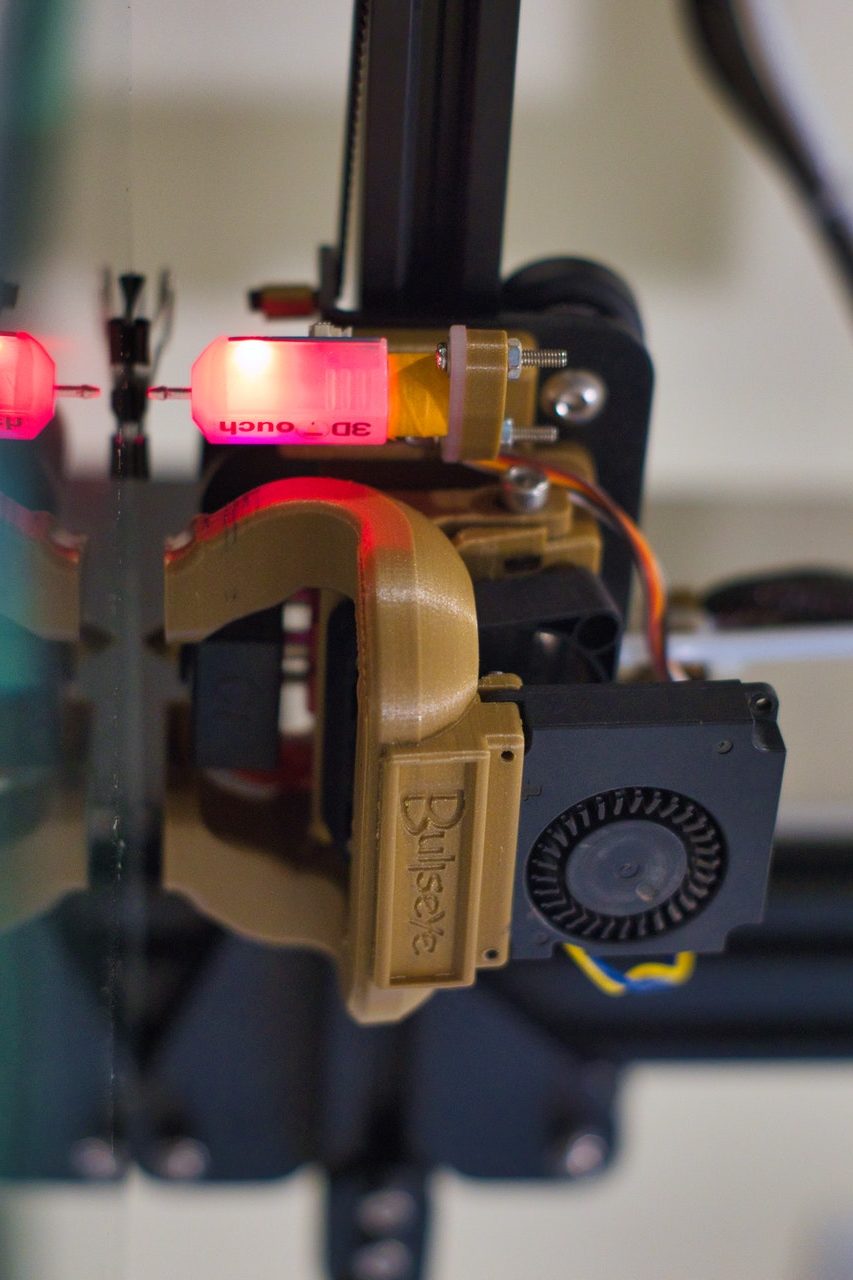3D printing technology is a hot topic right now. Many people are talking about the potential implications of this new technology. Some say that it could revolutionize the way we produce goods, while others argue that it could lead to mass unemployment.
So, what is the truth? What is the best resin 3d printer? Are the potentials of 3D printing technology really worth getting excited about? So many questions, but we will explore the potential implications of 3D printing technology and try to answer these questions.
Manufacturing Goods
 Goods like clothes, toys, furniture, and tools can all be made with a 3D printer since these objects are mostly solid with a few moving parts. This technology would allow people to print out the things they need at home instead of going to the store and buying them. While this may seem like a great idea, some potential problems could arise from this type of manufacturing.
Goods like clothes, toys, furniture, and tools can all be made with a 3D printer since these objects are mostly solid with a few moving parts. This technology would allow people to print out the things they need at home instead of going to the store and buying them. While this may seem like a great idea, some potential problems could arise from this type of manufacturing.
For example, what would happen to quality control? How would we know if the items being printed are up to standard? There is also the potential for people to print out counterfeit items. Another big question is, how would this affect the economy? If people can print out what they need at home, what will happen to factories and manufacturing jobs? Will there be a rise in unemployment? Some experts say that this is not likely to happen because there will always be a demand for skilled labor.
What do you think? Are the potentials of manufacturing goods with a printer something to get excited about, or are there too many potential problems? Let us know in the comments below.
Curing Diseases
 In the future, it may be possible to use stem cells and a patient’s own DNA to create custom-made organs. This would mean that people who require an organ transplant could get a new organ that is made specifically for them. This technology is still in its early stages, but there are already some companies working on this. One company, Organovo, has created a working liver tissue.
In the future, it may be possible to use stem cells and a patient’s own DNA to create custom-made organs. This would mean that people who require an organ transplant could get a new organ that is made specifically for them. This technology is still in its early stages, but there are already some companies working on this. One company, Organovo, has created a working liver tissue.
This is just a small step, but it shows the potential of this technology. Curing diseases is not the only potential application of this technology. We may be able to use it to create replacement body parts in the future. This would be especially beneficial for people who have lost a limb in an accident. Do you think that the potentials of this technology are exciting? Or do you think that there are too many ethical concerns? Let us know in the comments below.

